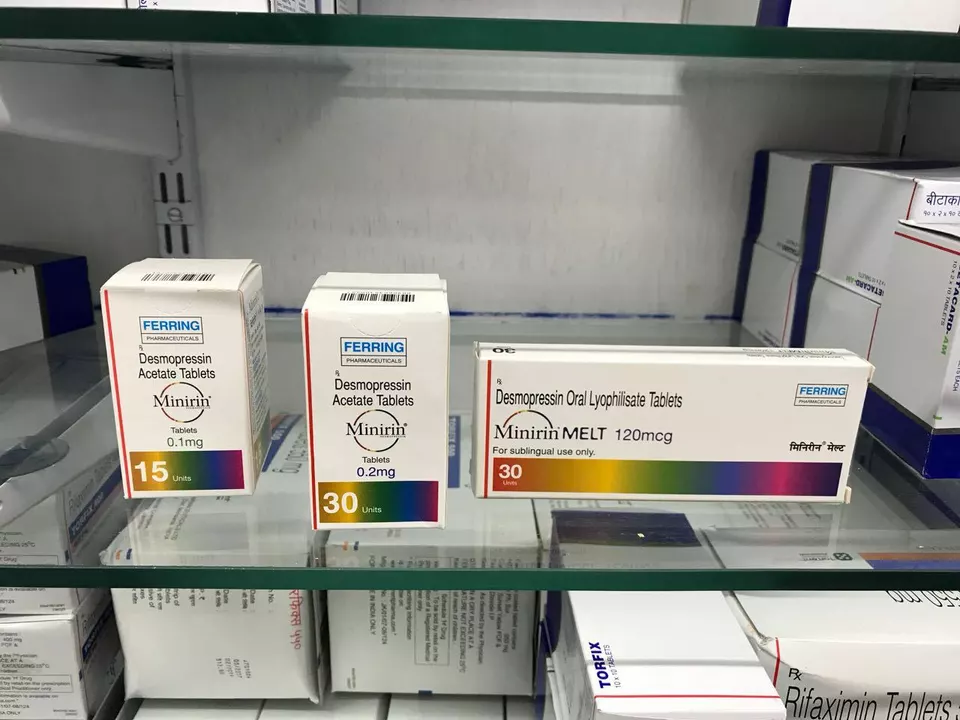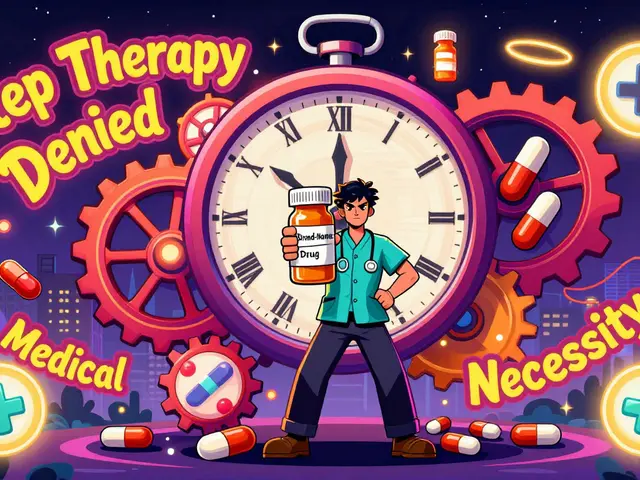Polydipsia Treatment: How to Stop Excessive Thirst
Drinking all the time? That’s polydipsia — persistent, excessive thirst. It’s a symptom that points to several different problems, so treatment depends on the cause. This page gives clear, practical steps you can expect from diagnosis to everyday management.
How doctors find the cause
First, your clinician wants to know how much you drink and whether you pee a lot. Common tests include a blood glucose or A1c to check for diabetes, serum sodium and osmolality, and a urine osmolality test. If those don’t explain it, a water deprivation test or measurement of vasopressin (ADH) helps tell central diabetes insipidus from nephrogenic diabetes insipidus. Don’t try a strict fluid fast at home — these tests need medical supervision.
Treatment options by cause
If uncontrolled high blood sugar is the reason, treating diabetes usually stops the thirst. That means medication (like insulin or oral drugs), diet tweaks, and regular glucose monitoring. For central diabetes insipidus — when the body doesn’t make enough ADH — doctors typically prescribe desmopressin (a synthetic ADH). It replaces the missing hormone and cuts down urine and thirst.
Nephrogenic diabetes insipidus is when the kidneys don’t respond to ADH. The fix starts with finding the trigger: some medicines (lithium, certain antibiotics) or electrolyte problems can cause it. Treatment may include stopping the offending drug if possible, using a low-salt and low-protein diet, and sometimes giving a thiazide diuretic or NSAID under doctor supervision to reduce urine output.
Psychogenic polydipsia (compulsive water drinking) is different. Here the goal is behavioral change. Techniques include scheduled drinking, supervised fluid limits, and working with a psychologist or psychiatrist when there’s an underlying mental health issue. In some cases, medication for the psychiatric condition helps reduce the urge to drink.
Medication-induced thirst is common. Diuretics, some anticholinergics, and certain psychiatric meds can increase thirst. If a drug is the likely cause, talk to your prescriber about alternatives or dose changes rather than stopping on your own.
Simple daily tips that help while you and your doctor sort things out: keep a log of fluid intake and weight, avoid sugary drinks that spike blood sugar, sip small amounts regularly instead of gulping, and carry a note for healthcare staff if you’re on fluid restriction. Never start strict fluid limits without medical advice — too little fluid can be dangerous.
See a doctor promptly if you have extreme thirst with heavy urination, sudden weight loss, confusion, or dizziness. These can mean serious imbalance in blood sugar or sodium that needs urgent care. With the right tests and targeted treatment, most causes of polydipsia can be managed effectively.
Desmopressin for the Treatment of Polydipsia: A Comprehensive Guide
As a blogger, I recently came across the topic of Desmopressin for the treatment of Polydipsia, and I wanted to share a quick summary with you all. Desmopressin is a synthetic hormone that helps reduce excessive thirst and frequent urination, common symptoms of Polydipsia. It works by mimicking the natural hormone vasopressin, which helps regulate the body's water balance. This medication has been proven effective in managing Polydipsia, especially in cases related to diabetes insipidus and other medical conditions. So, if you or someone you know is suffering from excessive thirst, Desmopressin might just be the solution to look into!





